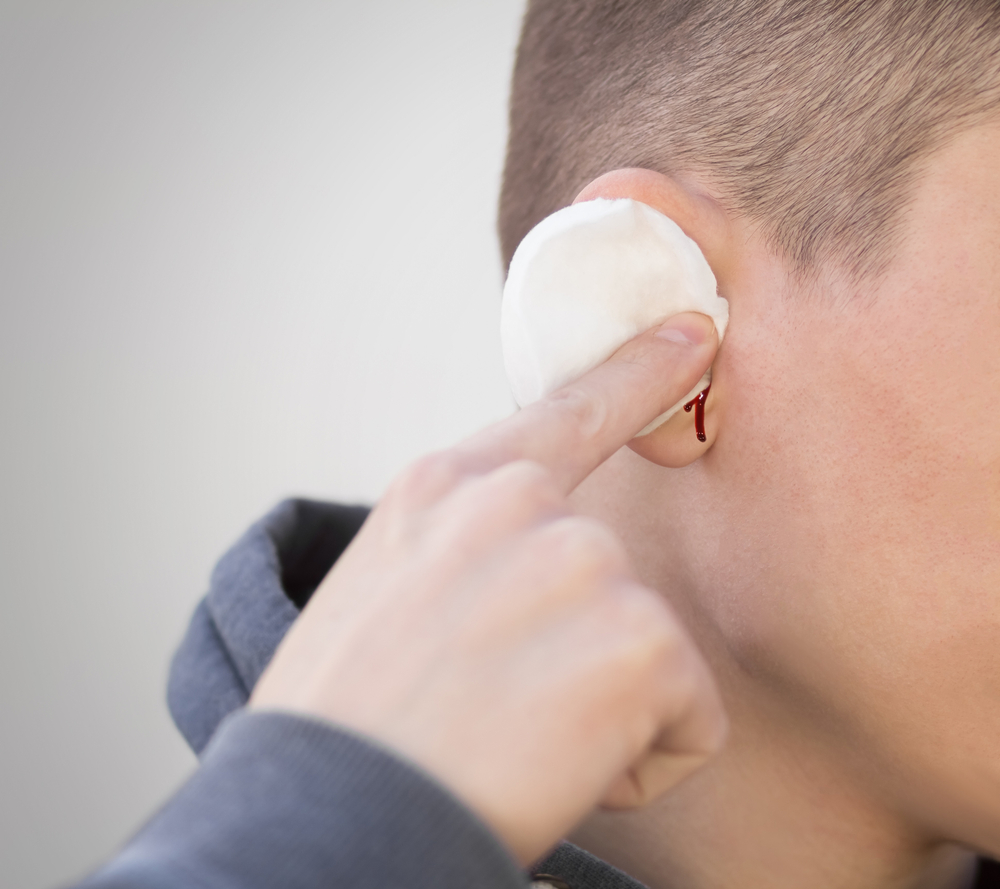Nasal polyps are often overlooked, but when they grow or multiply, they can cause significant discomfort and disrupt your daily life. From chronic congestion to recurring sinus infections, recognizing the signs early can help you seek timely treatment and avoid complications.
What are nasal polyps?
Nasal polyps are non-cancerous growths that can form inside the nose and sinuses. These soft, benign bumps develop along the lining of your nasal passages and sinuses. In some cases, nasal polyps can develop as a result of inflammation, like that caused by a sinus infection, though they can also form independently over time. While small nasal polyps may not cause noticeable symptoms, larger ones can lead to various issues that impact your quality of life.
How do nasal polyps affect you?
Many individuals with nasal polyps may not experience any symptoms initially, as smaller polyps tend to stay out of the way. However, as polyps grow in size and number, they can obstruct nasal passages, resulting in breathing difficulties, frequent sinus infections, and a range of uncomfortable symptoms. Understanding when nasal polyps become problematic can help you take proactive measures to manage your health.
Common symptoms of nasal polyps
Nasal polyps share symptoms with many other sinus conditions, making it difficult to diagnose without the expertise of an ENT specialist. However, certain signs may indicate the presence of nasal polyps, including:
- Chronic Postnasal Drip: Constant mucus buildup in the back of the throat.
- Persistent Runny Nose or Nasal Congestion: Ongoing nasal stuffiness or discharge that doesn’t seem to go away.
- Increased Frequency of Nosebleeds: Experiencing more nosebleeds than usual.
- Loss of Smell or Taste: A reduced ability to taste or smell.
- Facial Pressure or Pain: Discomfort or a sensation of pressure around the nose, forehead, or upper face.
- Snoring or Sleep Apnea: Obstructed airways leading to snoring or difficulty breathing while asleep.
- Upper Tooth Pain: Pain in the upper teeth, which can result from sinus pressure.
If these symptoms persist or worsen over time, it’s important to consult an ENT specialist to determine if nasal polyps are to blame and explore potential treatments.
Who is at greater risk for nasal polyps?
While nasal polyps can affect anyone, certain individuals are at a higher risk due to chronic inflammation in the nasal passages. Conditions that increase the likelihood of developing nasal polyps include:
- Asthma: A chronic respiratory condition often associated with nasal inflammation.
- Allergic Rhinitis: Seasonal or year-round allergies that lead to inflammation in the nose.
- Chronic Rhinosinusitis (CRS): Long-term inflammation of the nasal and sinus passages.
- Cystic Fibrosis: A genetic disorder that affects the respiratory system, making polyps more likely.
- Chronic Sinus Infections: Repeated sinus infections can contribute to the formation of nasal polyps.
- Other Inflammatory Infections: Any condition that causes inflammation in the nasal passages.
Understanding these risk factors can help individuals manage their health and seek timely medical attention if they experience related symptoms.
Treatment options for nasal polyps
While surgery is a potential treatment for nasal polyps, it’s generally considered a last resort. Most people with nasal polyps begin with less invasive treatments aimed at reducing inflammation and managing symptoms. Here are the common treatment methods:
- Corticosteroids: These medications help reduce swelling and inflammation, making them a primary treatment option for shrinking nasal polyps. They can be administered as nasal sprays, oral pills, or even injections, depending on the severity.
- Other Medications: If an underlying infection, such as a bacterial sinus infection, is contributing to the polyps, antibiotics or antifungal medications may be prescribed. These can help clear the infection, but additional treatments may be required if the polyps persist.
- Nasal Polyp Surgery: If other treatments do not provide relief, surgery may be necessary. Advances in surgical techniques have made nasal polyp surgery less invasive. Today, procedures are often performed on an outpatient basis, meaning patients can return home the same day. Post-surgery recovery generally requires a couple of weeks of rest, but the exact timeline depends on the specifics of the procedure.
Benefits of seeking treatment
You don’t have to tolerate the discomfort caused by nasal polyps. Treatment can provide significant relief by shrinking or removing the polyps, allowing you to breathe more freely, sleep better, and reduce the frequency of sinus infections and nosebleeds. By seeking treatment, you can improve your overall health and quality of life.
Find relief from nasal polyps today
Nasal polyps can disrupt your daily life, but you don’t have to face them alone. With the right treatment plan, you can find lasting relief. Whether through medications or surgery, there are options available to help you manage and eliminate nasal polyps effectively.
If you’re experiencing symptoms of nasal polyps, don’t wait—find an ENT specialist near you today to explore your treatment options and get back to feeling your best.



